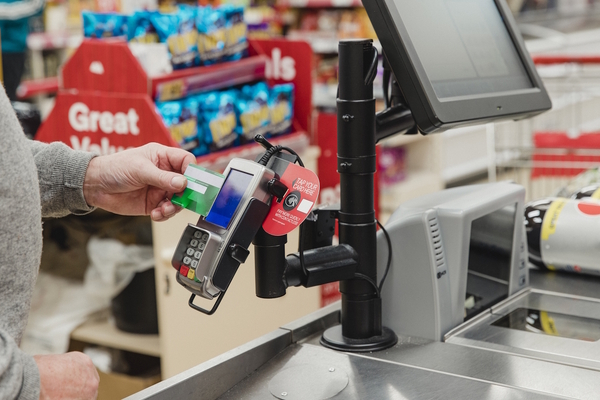The shifting landscape of scaling

The barriers to entry for starting a business continue to lower: Neal Riley at The Adaptavist Group describes how entrepreneurs are increasingly facing new challenges when it comes to scaling and managing operations
The startup landscape has undergone a significant transformation in recent years, driven by rapid advancements in technology and the increasing accessibility of digital tools. Cloud computing, software-as-a-service (SaaS), and no-code platforms have democratised the process of launching a business, enabling entrepreneurs and solopreneurs to turn their ideas into reality without substantial upfront investments or extensive technical expertise.
Moreover, the growing prominence of AI and automation has further lowered the barriers to entry, encouraging even more individuals to embark on their entrepreneurial journeys.
However, while the tools and resources available to those starting their own businesses have never been more abundant or user-friendly, the solutions designed to help startups scale and manage their operations have not kept pace with these advancements.
As a result, while the initial stages of building a startup have become more accessible than ever before, navigating the path to sustainable growth remains a formidable challenge, fraught with obstacles and complexities that can hinder even the most promising ventures.
The role of enhanced platforms
Imagine an entrepreneur with a groundbreaking idea for a new software product. They’ve identified a gap in the market and are eager to bring their vision to life. To get started, they set up a website, create a payment system for customers, manage subscriptions, and ensure a smooth onboarding process. In the early stages of their journey, they discover all-in-one platforms like Stripe that offer a wealth of features to their business off the ground.
However, as their startup grows and their needs become more complex, they may need to look outwards for specialised features like licensing management, which is crucial for their business.
This is where sector-specific platforms come into play. For instance, SaaS startups may benefit from a platform that integrates with Stripe and offers flexible pricing models, subscription management, user licensing, and data analytics.
Similarly, an e-commerce startup may thrive by adopting a platform that integrates with mainstream platforms to provide inventory management, order processing, and shipping integration. These additional features address the unique requirements of startups in different industries, enabling them to scale more effectively.
The importance of licensing
As startups grow, they often need to manage who has access to their product or service. This is where licensing comes in. Licensing is a way to control and track who can use a software product and what features they can access.
It’s especially important for startups that offer subscription-based services, where customers pay for access to specific features or a certain number of users. For instance, a team collaboration startup may have different subscription tiers, each allowing a different number of users.
With licensing, the startup can easily manage how many users each customer has and ensure that they only have access to the features they’ve paid for. This helps the startup maintain control over their product and revenue streams.
While platforms like Stripe handle payments efficiently, they don’t typically offer built-in licensing features. That’s where complementary tools come in. By integrating a licensing tool with these platforms, startups can automate the process of granting and revoking access to their product based on a customer’s subscription status. This saves time and reduces the risk of errors, allowing startups to scale more smoothly without getting bogged down in manual user management tasks.
The ongoing democratisation of technology
The emergence of industry-specific solutions for startups is a natural progression of the ongoing democratisation of technology. Just as cloud computing, SaaS models, and no-code platforms have made it easier to start businesses, tailored solutions are now helping startups scale more effectively.
These specialised platforms recognise that startups in various verticals have distinct requirements when it comes to scaling their operations. Rather than offering a broad range of features that may not be relevant to all businesses, these solutions focus on providing tools and functionalities specifically designed to address the pain points and growth hurdles of startups in particular sectors.
In the past, when traditional brick-and-mortar businesses were the norm, companies relied on specialised tools and services to meet their specific needs. A restaurant, a retail store, a manufacturing plant, and a consulting firm all required different solutions. The same trend is now happening in the startup world.
As this trend continues, we can expect to see an increasing number of industry-specific solutions emerging to support the growth and success of startups across various sectors. By providing tailored tools and functionalities, these platforms will empower entrepreneurs to scale their businesses more effectively, paving the way for a new era of innovation and growth in the startup landscape.
Neal Riley is Co-Founder of Salable and CIO of The Adaptavist Group
Main image courtesy of iStockPhoto.com and Pixelimage

Business Reporter Team
Most Viewed
23-29 Hendon Lane, London, N3 1RT
23-29 Hendon Lane, London, N3 1RT
020 8349 4363
© 2024, Lyonsdown Limited. Business Reporter® is a registered trademark of Lyonsdown Ltd. VAT registration number: 830519543





